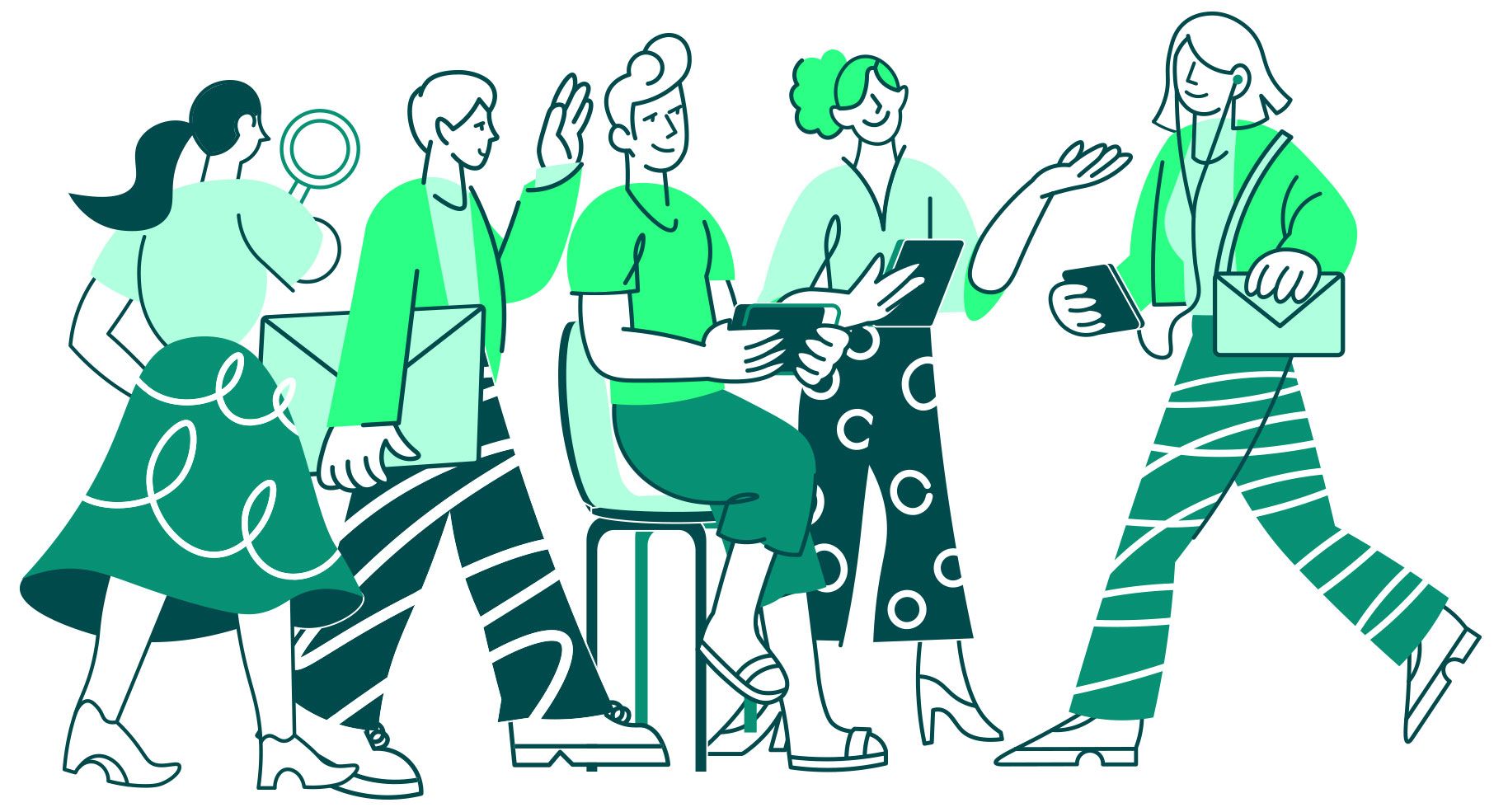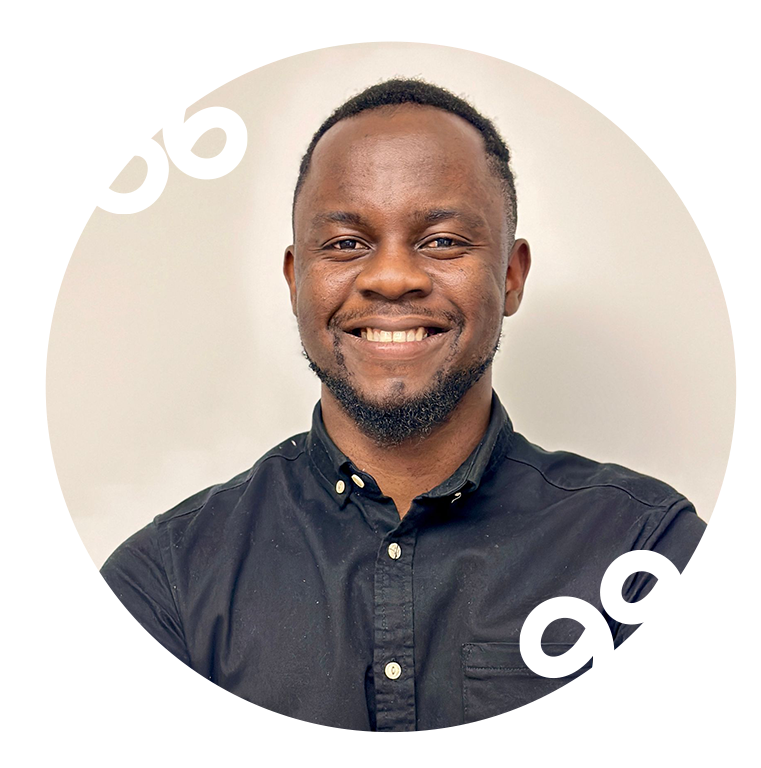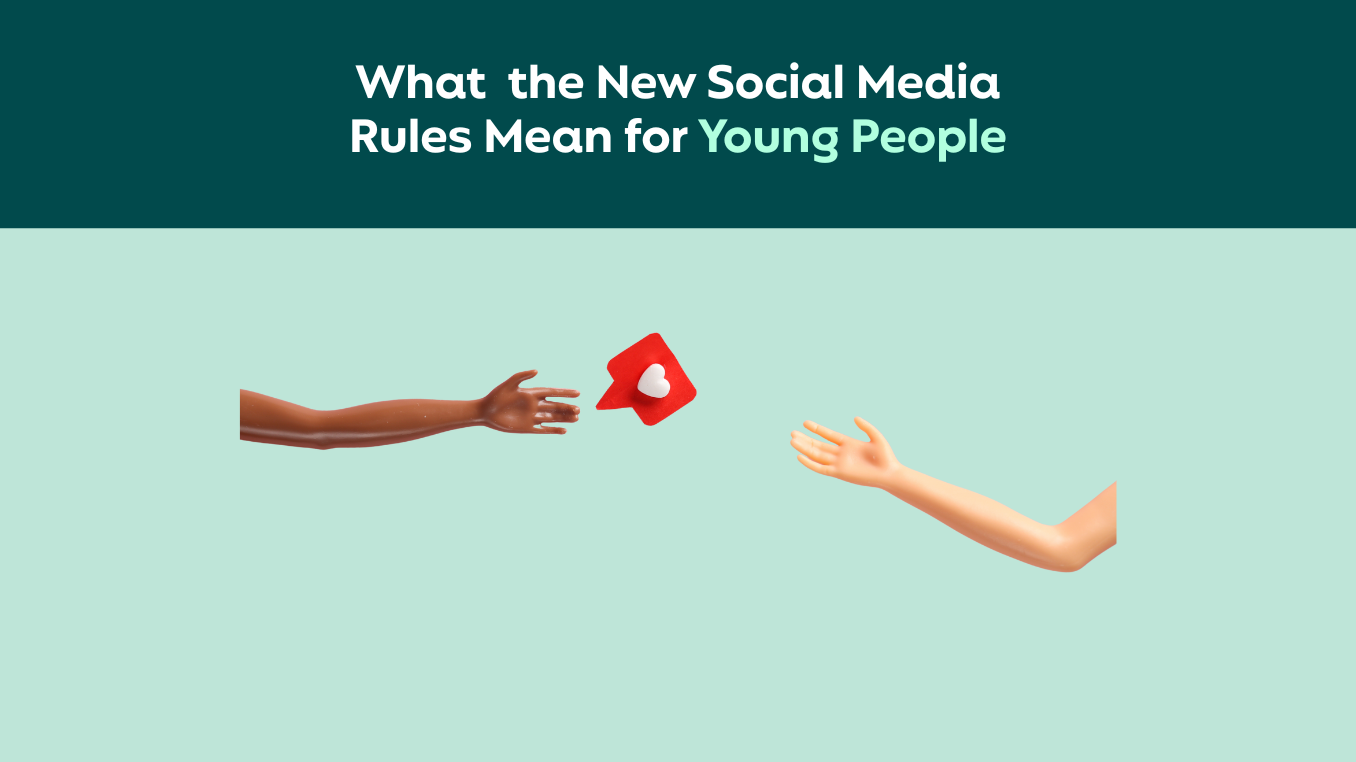Make a difference,
on your terms
Join one of Australia's leading providers of community staffing and workforce solutions

COMMUNITY STAFFING PROVIDER OF CHOICE
Trusted by 1000+ community service professionals
Edmen is one of Australia’s largest dedicated providers of community workers to Government and Non-Government Community Service organisations. We connect workers with rewarding casual and permanent roles to service providers in the youth, disability and aged care sectors nationwide.
Power in numbers
Happy employees are the key to our success. We nurture long lasting relationships with our team of community service workers. We arm them with all the necessary tools and training to deliver outstanding support and services for our clients. The numbers speak for themselves.
1000+
experienced Youth & Disability Support Workers nationally
1000+
residential sites supported by Edmen's team
1 million hours
of service provision fulfilled by our workers each year
SOLUTIONS FOR COMMUNITY SERVICES
Streamline your workforce management
Discover our workforce management solutions for community service providers. We partner with you to relieve pain points by building tailored solutions that centre around specialist expertise, scale and service. Whether you need to fill casual, professional, leadership or volume, our national team deliver the best community service talent.


INTERNATIONAL JOB SEEKERS
Thinking about moving to Australia?
Discover local jobs in metro and regional areas across the country. We welcome people new to Australia to join our friendly team.
What our employees are saying

"For me, Edmen has given me the exposure and work experiences to set a great foundation to build my career. I’ve also met so many good people along the way. I don’t know how they do it, but there are so many good people within Edmen. It’s something you want to be part of."
- Precious, Edmen Youth Support Worker
Job Seeker FAQs
Featured Blogs


In Summary
Edmen is one of Australia's largest dedicated providers of community service workers, connecting skilled professionals with government and non-government organisations across the disability, youth, aged care, and mental health sectors. With over 30 years of experience, Edmen offers both casual and permanent staffing solutions, supporting more than 1,000 residential sites and delivering over one million hours of service annually. Our approach is values-led and people-focused, emphasising flexibility, compassion and excellence to meet the evolving needs of community service providers.


